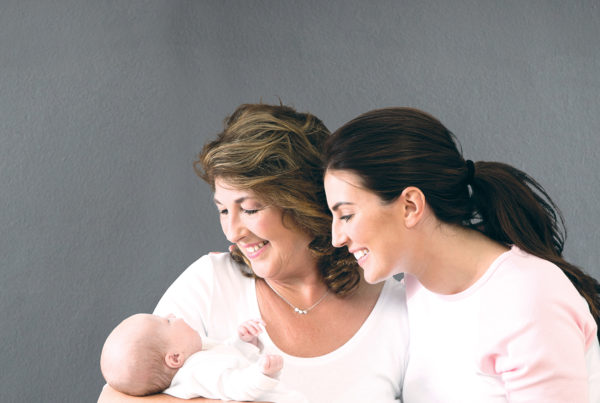
We all remember our teenage years – the way we felt about the world, the things we did to rebel against our upbringing, to test the boundaries of acceptability. But what happens when we grow up and find ourselves with teenage children of our own?
The teenage years are a time of change and development. As adolescents grow older, they must navigate a great number of new shifts in their lives. One notoriously dramatic shift? Their relationship with their parents.
The Myth of the “Teenage Brain”
As kids reach their teen years, they begin to build their identity as a future adult — which means asserting their independence from their parents. As teens adapt to a new world, parents need to adapt their conception of their children, too — demanding arbitrary compliance or enforcing rules “because I said so” is no longer going to cut it. In their rush to learn and grow, though, teenagers can occasionally leave good sense by the wayside, and for parents who can still recall their children as tiny, defenseless infants, this (seemingly sudden) transformation can be hard to swallow.
People have often dubbed this the “teenage brain,” associating it with risk-taking and rebellious behaviour. But studies have shown that teenagers are still logical and intuitive, using their impulsiveness as a way to experiment and examine the world.
It can be especially challenging for parents to let go and start to put trust in their children as people who are ready for adult responsibilities. Such was the case with Linda and her daughter.
One Parent’s Journey
Linda had always had a close relationship with her daughter. “She was my baby girl,” she reminisces. “We would do everything together.”
But when Linda’s daughter hit adolescence things abruptly began to change. Linda became increasingly worried about what her daughter might be getting herself involved in. “I would spend long hours waiting for her to come home late from who knows where,” she recalls. But her attempts at outreach were only met with emotional outbursts and hostility.
Concerned and frustrated, Linda was at her wit’s end. “I didn’t want to control her,” she says. “I just wanted to know she was safe. I wanted to protect her.” She smiles a bit, then admits, “OK, maybe I wanted to control her a little.”
Help to Light the Way
Linda spent months wading through the information on parent-teen relationships that she could find online, but nothing seemed useful or helpful for her specific situation. Finally, she turned to the Health Information services bundled with her employee health insurance.
“I guess I just thought maybe they could help me get a handle on my own feelings,” she says. “ I didn’t really expect them to help with my daughter.”
Based on the unique concerns Linda laid out, a team of Health Information Specialists gathered a comprehensive package of information and resources designed to help her better communicate with her daughter. These resources included a list of health professionals in Linda’s area with expertise in the field; information on communicating with adolescents; information on building healthy parent/teen relationships; and a list of parental coaching services that would help Linda tackle the problem head-on.
“Everyone I spoke to was patient and compassionate, and what they gave me was perfectly tailored to the problems my daughter and I were having with each other,” Linda tells us. “For a situation that felt so hopeless, I finally had a clear path ahead of me.”
With improved communication, Linda and her daughter have been able to work on rebuilding the trust between them. What’s more, they are working on communicating in a way that helps the other best understand, while also learning how to respect their newfound differences as Linda’s daughter grows.
“She’s not my little girl anymore,” Linda says. “She’s her own woman, and I’m enjoying watching her find her own path.”
Read more success stories.
Sources
https://childmind.org/article/tips-communicating-with-teen/
https://www.webmd.com/parenting/features/better-communication-with-teens#1
https://www.smithsonianmag.com/science-nature/impulsive-teen-brain-not-based-science-180967027/



